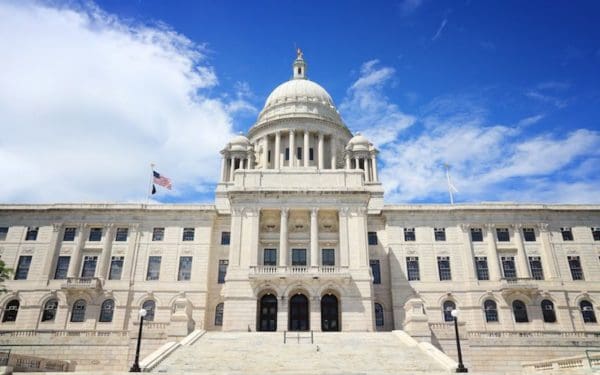Setting the Record Straight: Q&A on Offshore Wind in New England
Don’t believe the disinformation. We can develop offshore wind and meet our renewable energy goals while protecting the marine environment.
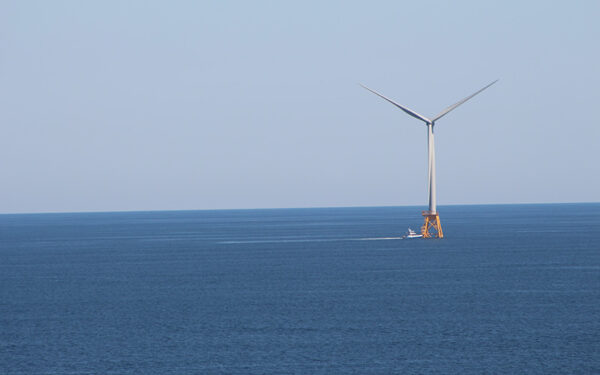
Don’t believe the disinformation. We can develop offshore wind and meet our renewable energy goals while protecting the marine environment.

“Communities across New England have been living in the shadow of polluting fossil fuel plants for decades,” said CLF President Brad Campbell. “Slashing emissions from these power plants is an essential step to meeting our climate goals and cleaning up the air in these communities. We can’t afford to allow this damaging pollution to continue, and EPA’s approach proposes to drive down those emissions over time and will increase opportunities for proven technologies like solar and wind.”
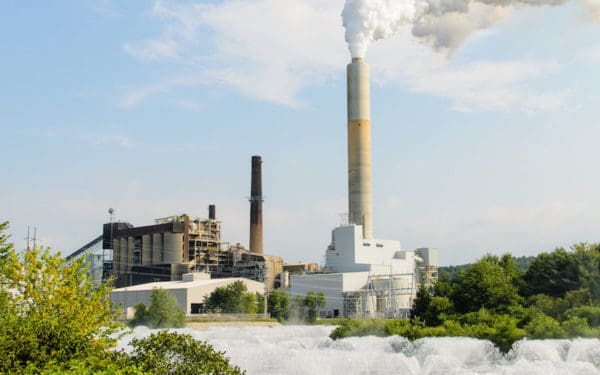
“Expanding offshore wind is a necessity if New England is going to confront the climate crisis with everything we’ve got,” said CLF senior attorney Nick Krakoff. “The Gulf of Maine needs to be part of that strategy, yet it is critical to ensure that wind is developed responsibly. We must limit impacts on the critical species, habitats, and existing ocean users that make the area so special, and CLF will be at the table to make sure that happens.”
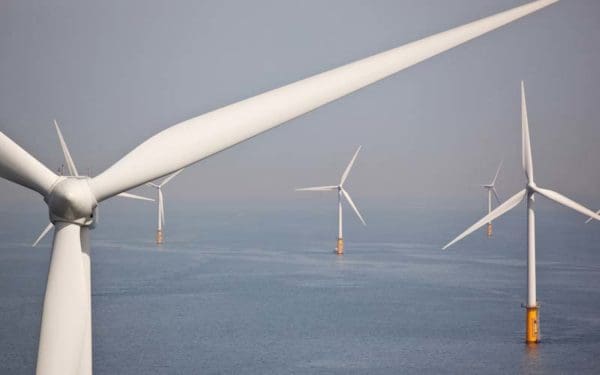
This Earth Day, the U.S. Congress has finally given us a climate milestone to celebrate. How can we ensure that these momentous investments do not get squandered?
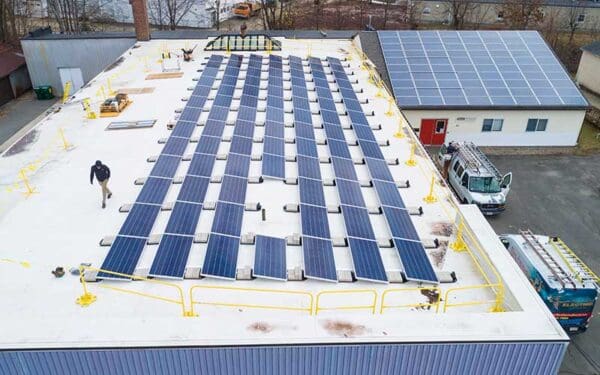
These projects will ramp up clean energy in Maine, helping slow climate change and lower costly electricity bills.

Offshore wind can save us money on our energy bills, provide more electricity in cold temperatures, and slow the effects of climate change.
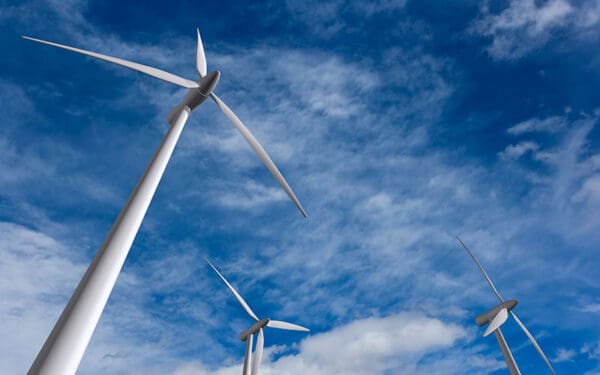
“We must reform Vermont’s renewable energy rules if we’re serious about meeting our climate goals and slashing dangerous pollution in our communities,” said CLF attorney Chase Whiting. “A portion of our electricity comes from out-of-state fossil fuel plants that pollute communities’ air, destroy our planet, and take hard-earned money from Vermonters. This is unacceptable. It’s time to update these rules to ensure our electricity comes from new clean energy sources like wind and solar, especially those that bring new jobs to Vermont.”
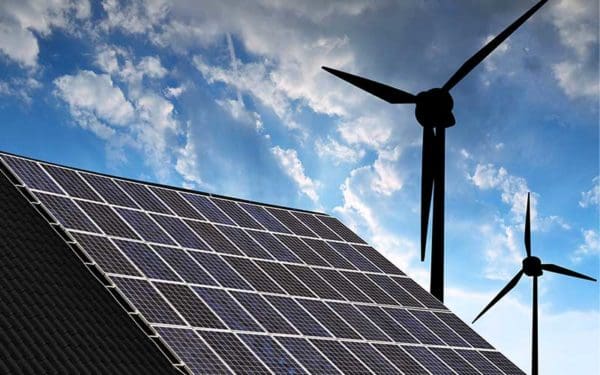
But if history is any guide, we shouldn’t hold our breath for ISO-New England to take climate change seriously.
“This decision epitomizes short-term thinking that will only cause problems in the long run,” said Erica Fuller, Senior Attorney at CLF. “It’s simply backwards to choose areas for offshore wind development before doing a full environmental analysis, which would ultimately save time and money if done now. It is critical to advance offshore wind to respond to the climate crisis and clean up our electric grid, but it must be done in a science-based, inclusive and transparent way.”
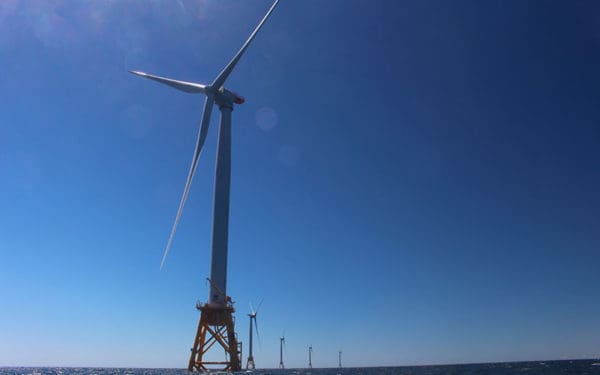
“This law signals the next step in the death of fossil fuels in Rhode Island,” said CLF Senior Attorney Meg Curran. “Requiring all of our electricity to come from renewable sources is a major win for our health, our economy, and the planet. Now is the time to step up production of wind and solar resources.”
